Sustainable coffee
Enjoyment with a clear conscience
Coffee can also be enjoyed sustainably. Let us show you how!
navigation
A good cup of coffee!
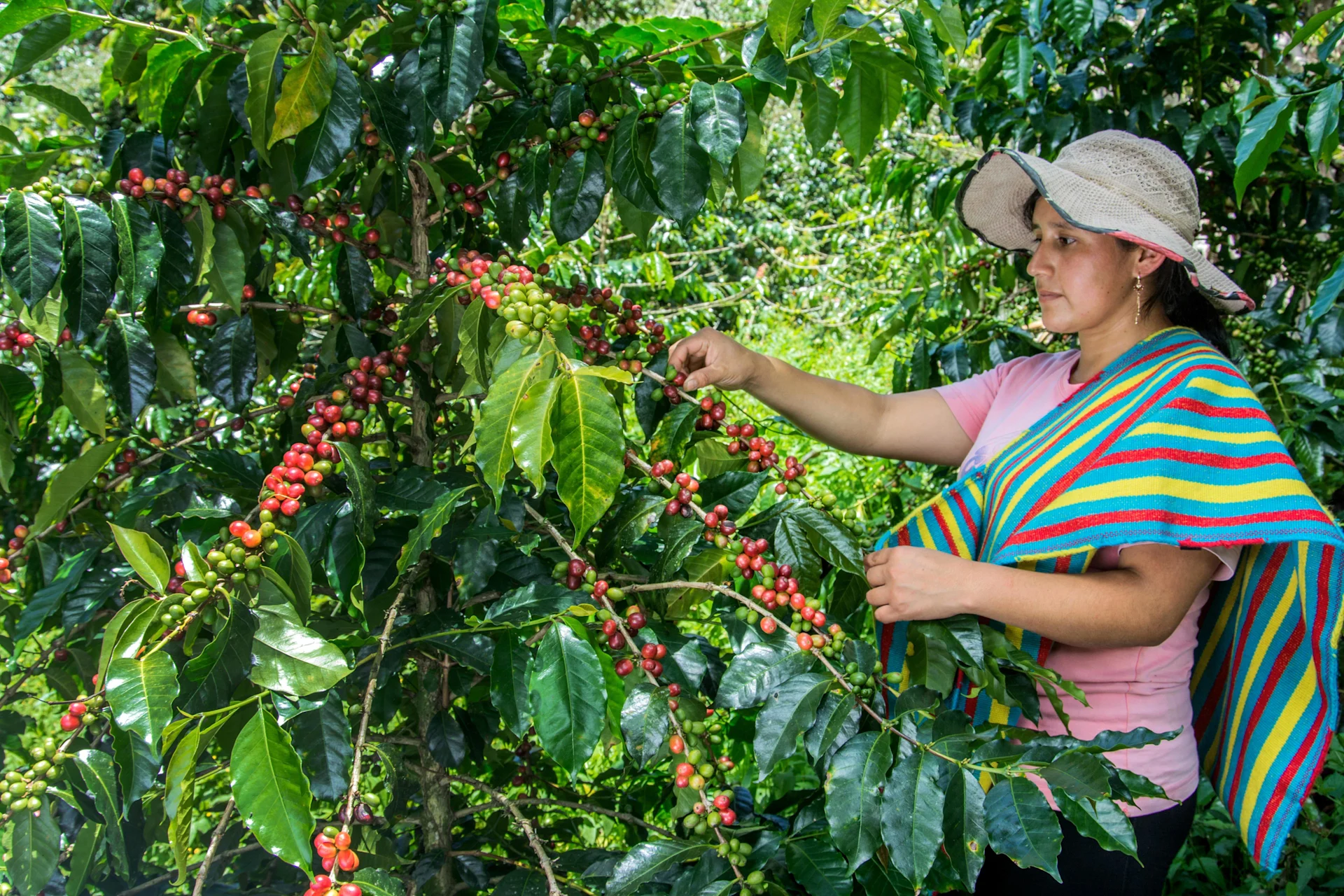
By the time your morning coffee reaches your cup, it has already been on a long journey. Growing, harvesting, processing and transporting coffee not only requires the involvement of a large number of people but also a high amount of resources, such as energy and water. In order to support people and conserve natural resources, we are committed to promoting sustainable coffee.
The average Swiss person drinks more than 1,000 cups of coffee a year – which equates to 9 kg of raw coffee. We want to make coffee growing sustainable and raise awareness as to how coffee can be enjoyed sustainably too. We are doing a lot to achieve this.
We source coffee from sustainable production and ensure fair working conditions for suppliers and producers. Our sustainability labels help provide consumers with information and guidance.
By the end of 2025, we want all coffee beans used for our own brand products to meet the Rainforest Alliance, Fairtrade Max Havelaar or EU Organic / Bio Suisse standards.
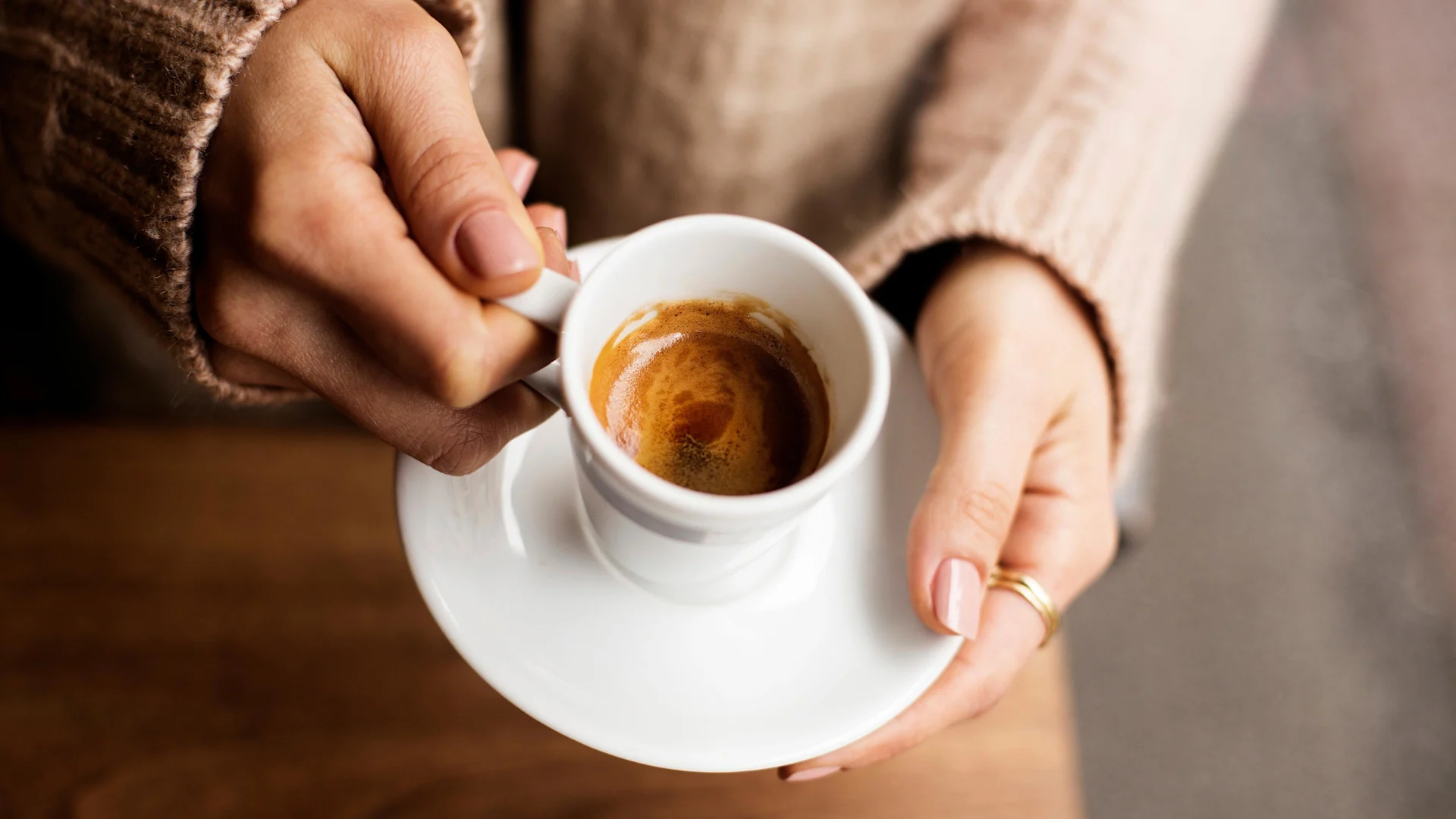
Supermarket
Prices on the global market are rising. Coffee is also getting more expensive at Migros. We explain why.

Circular economy
Is the coffee capsule facing extinction? Yet it is more environmentally friendly than many people think.
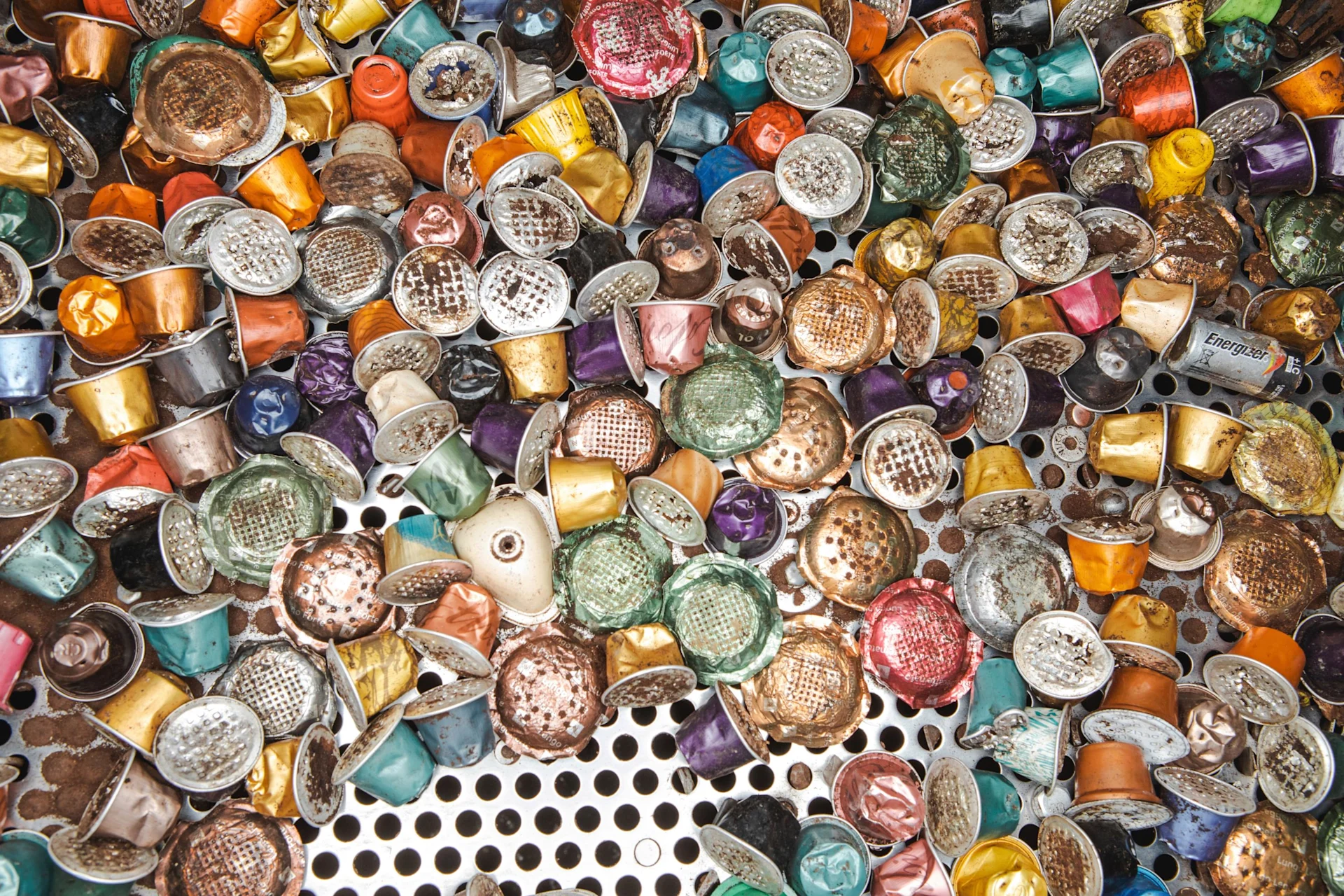
Circular economy
Recycle coffee capsules? Logical and sustainable. We have a solution for every taste.
Our labels testify to environmentally conscious cultivation, fair trade and first-class quality. With every cup of coffee, you are helping support sustainable coffee production.
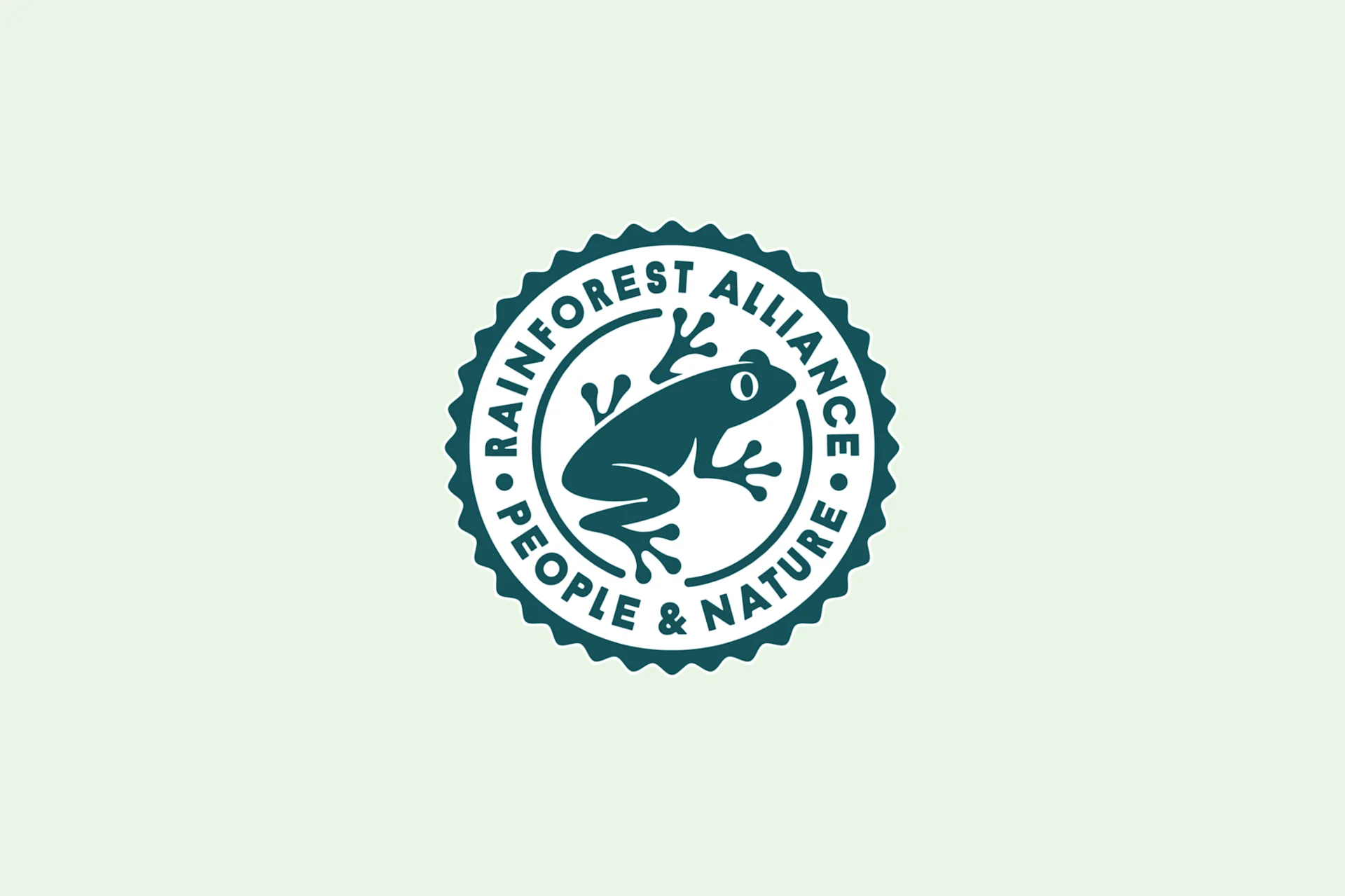
The Rainforest Alliance promotes responsible and sustainable coffee cultivation. For this, it’s important that the coffee is traceable and that transparency is guaranteed for the entire production process. In 2018, the Rainforest Alliance joined forces with the UTZ programme to create a new certification programme that combines the strengths of both labels. The standards include specifications relating to the following:
Equal rights in production companies and collectives
Zero violence and harassment in the workplace
Employee health and safety
Ban on child labour
Wildlife and biodiversity protection
Water management
Reduction of greenhouse gases
Improved cultivation practice
Crop rotation and polyculture
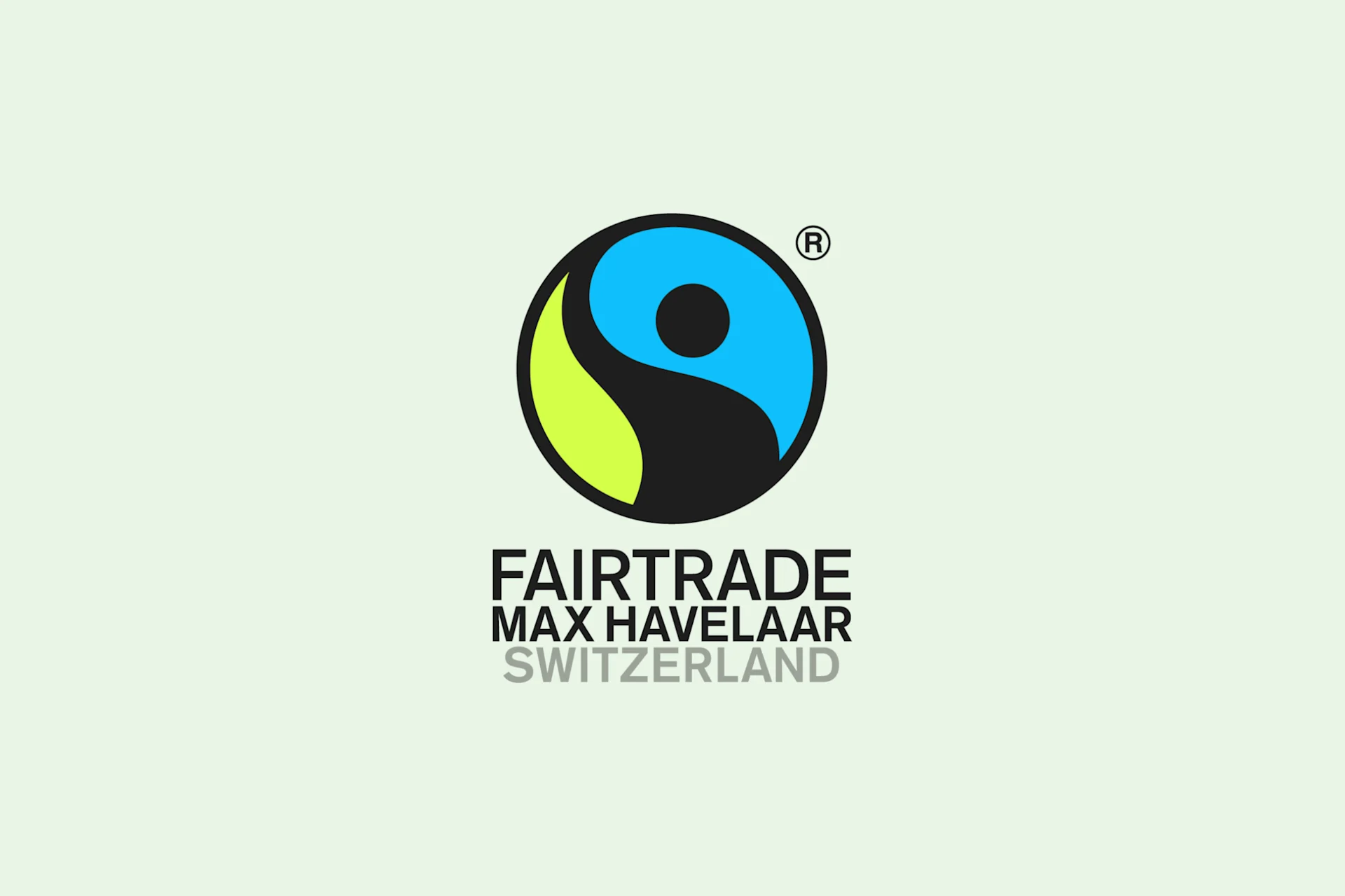
Fairtrade is committed to sustainable cultivation and fair trading practices. Products bearing the “Max Havelaar” Fairtrade label are primarily intended to improve the living and working conditions of smallholder farmers and their families. This involves ensuring:
A guaranteed minimum price
A fixed premium paid directly to the producers
Regulated work conditions
Prohibition of exploitative child labour
Prohibition of discrimination
Environmentally-friendly cultivation
Protection of natural resources
Prohibition of dangerous pesticides
No genetically modified seeds
Transparent trading relations
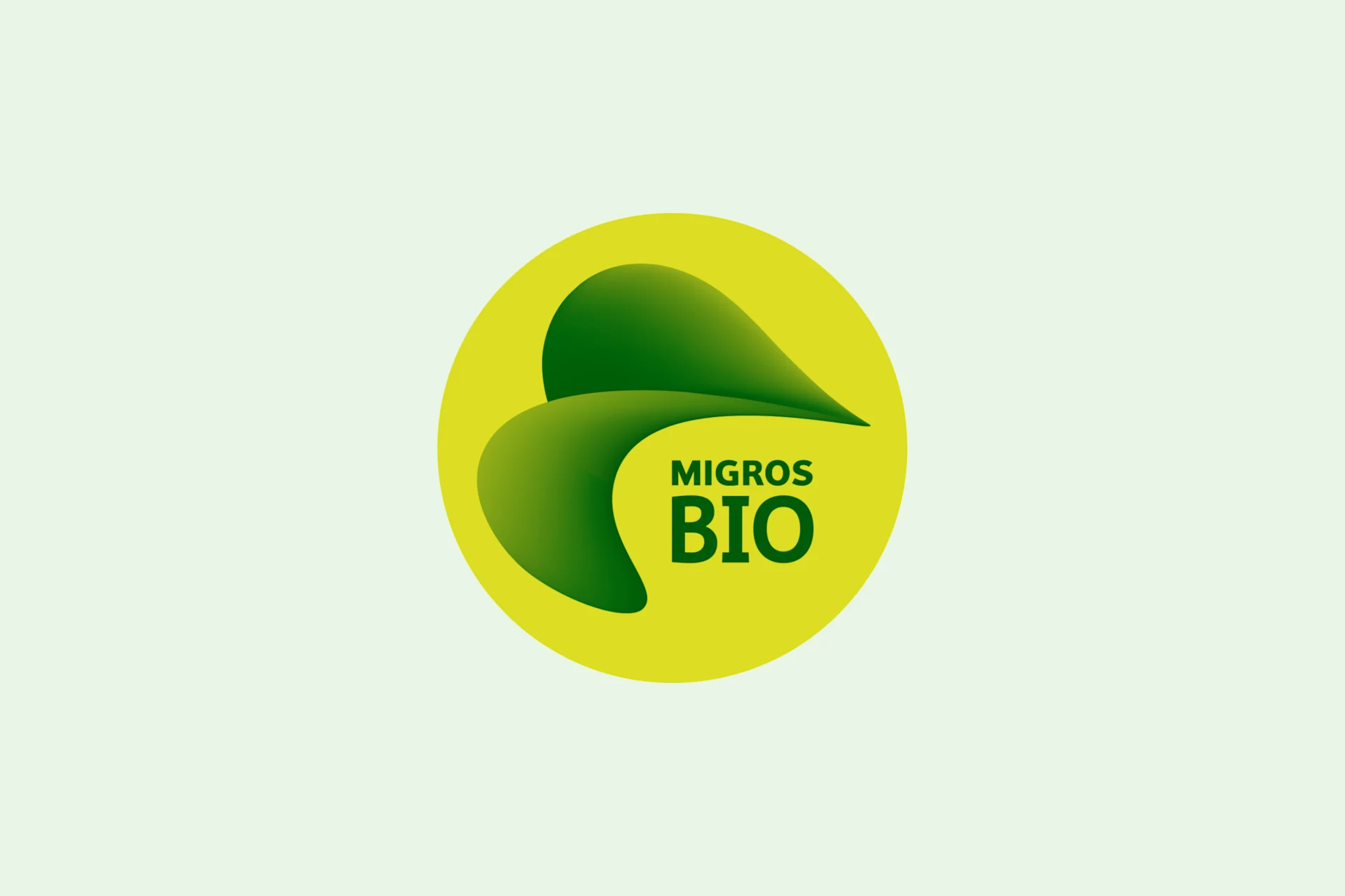
The Migros Organic label indicates that a considerate approach to the environment has been used in production. This involves, for example:
Production in harmony with natural cycles
Promotion of natural soil fertility
Preventive plant protection instead of chemical protective agents
No genetic engineering or air transportation
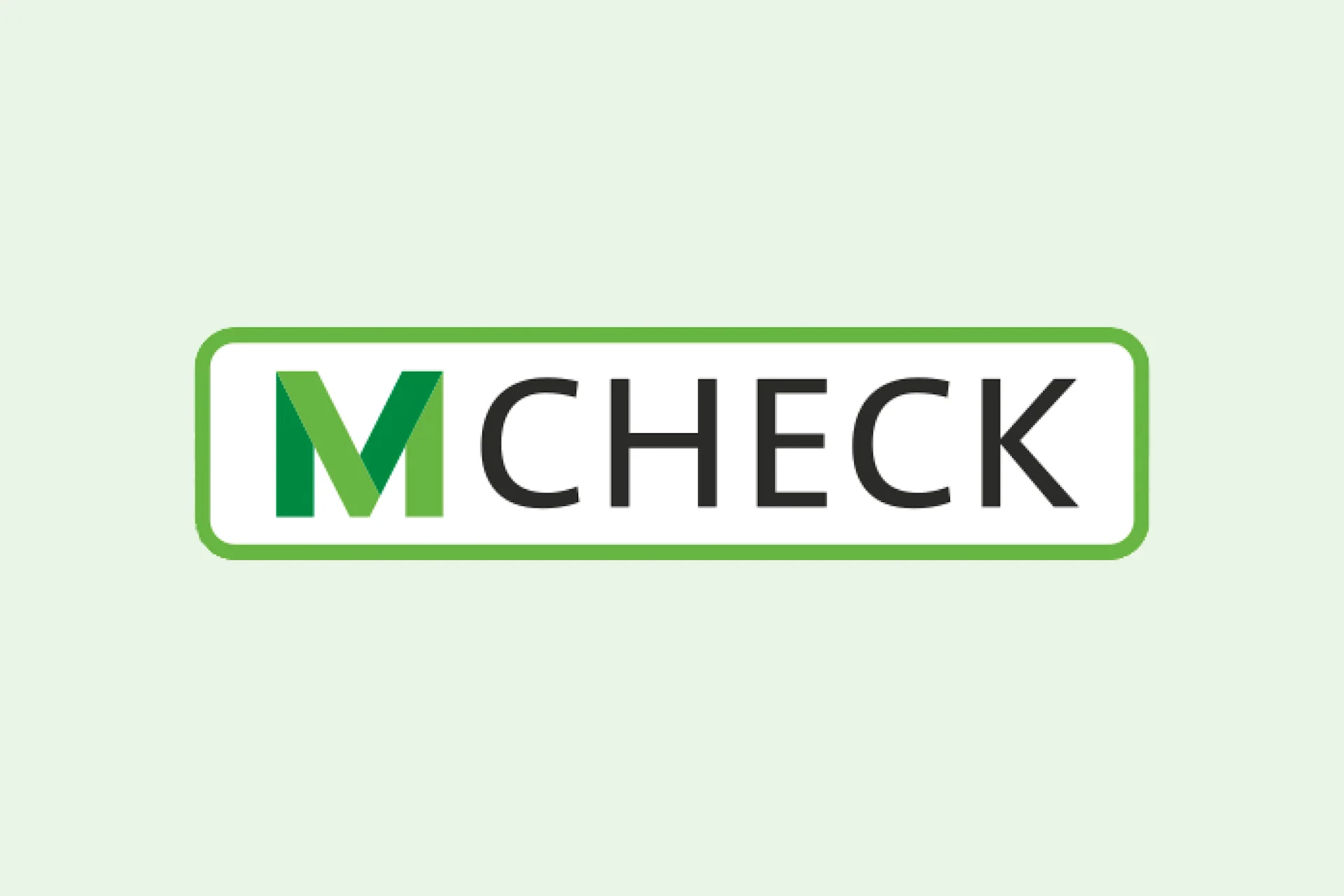
With the M-Check, we provide transparent information about how the product performs in comparison to other products. The more stars it has, the more sustainable it is.
You can find out more about our commitment to a wide range of sustainable products in the stories.